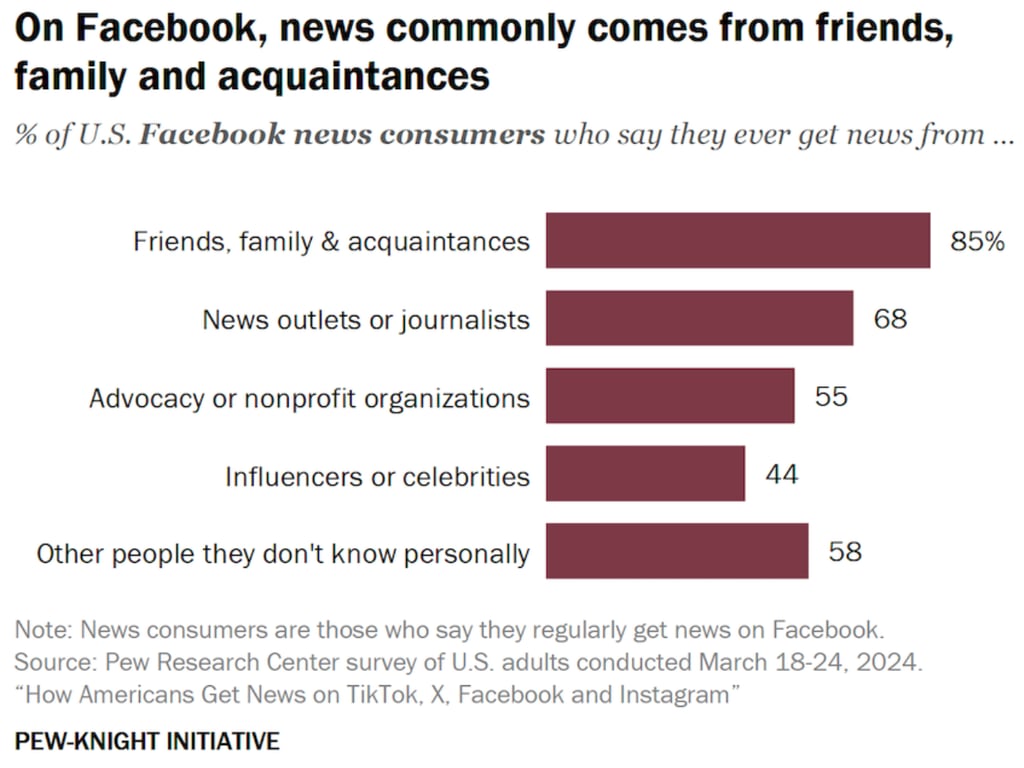From Online Interaction to Offline Action: The Science Behind Symmetrical Social Media and Civic Engagement
Symmetric social media platforms, like Facebook, are more conducive to civic action due to the equitable and personal nature of connections.
8/28/20242 min read


Amid the ever-evolving digital landscape, social media platforms have become indispensable tools for public officials, local community leaders, and diverse stakeholders to engage with their constituents and communities. However, not all social media platforms function the same way. Research by Kim and Lee demonstrates that platforms can be classified into symmetrical and asymmetrical social media based on how connections are formed. Symmetrical social media, like Facebook, require mutual consent to establish connections, fostering a more personal and engaged network. In contrast, asymmetrical social media, such as Twitter, allow one-way following without the need for mutual agreement, often resulting in less personal interaction. Understanding these differences is essential for enhancing civic engagement and political participation.
Research Insights
Enhanced Political Participation: Users of symmetrical social media platforms exhibit higher levels of both online and offline political participation compared to users of asymmetrical platforms like Twitter. This is because symmetrical platforms encourage interactions within personal networks, making political information more influential and engagement more likely.
Platform-specific impact: Treating all social media platforms as homogeneous overlooks the distinct effects they have on political participation. Symmetrical platforms, where users connect by mutual agreement, create stronger, trust-based networks that are more effective in mobilizing political actions. Leveraging these strong networks can enhance the dissemination of information and encourage civic participation.
Nonpartisan Mobilization: Symmetrical social media platforms are particularly effective for nonpartisan campaigns. Users feel socially safer engaging in nonpartisan activities, such as get-out-the-vote efforts, without disclosing their political identities. This minimizes psychological barriers and fosters broader participation, crucial for increasing electoral engagement.
Leveraging Personal Networks: The importance of personal networks in political mobilization is highlighted by the study. Symmetrical social media platforms, by requiring mutual connections, are better suited to fostering these networks. Emphasizing social motives and the common good can drive higher political engagement and social movements.
Building Informed Citizenry: Symmetrical platforms facilitate the flow of reliable information within trusted networks, building a more informed citizenry. This personalized approach to information dissemination ensures that constituents are not only better informed but also more engaged in civic activities.
Our Recommendations
1. Prioritizing Symmetrical Platforms: Focusing social media strategies on platforms like Facebook that facilitate symmetrical connections can enhance political participation and effective information dissemination.
2. Promoting Nonpartisan Campaigns: Utilizing symmetrical platforms to promote nonpartisan mobilization efforts, such as voting drives and civic engagement initiatives, can maximize participation without partisan bias.
3. Leveraging Personal Networks: Encouraging the use of personal networks on these platforms to spread information and mobilize others can significantly boost engagement by highlighting the social benefits of civic participation.
4. Focusing on Information Quality: Ensuring that the information shared is accurate, relevant, and timely is crucial for building trust within these networks and sustaining political engagement and informed citizenry.
Strategically utilizing symmetrical social media platforms allows public officials and community leaders to effectively communicate with their constituencies, promote informed citizenry, and inspire higher levels of political participation. This helps foster a more participatory and informed democratic society.
